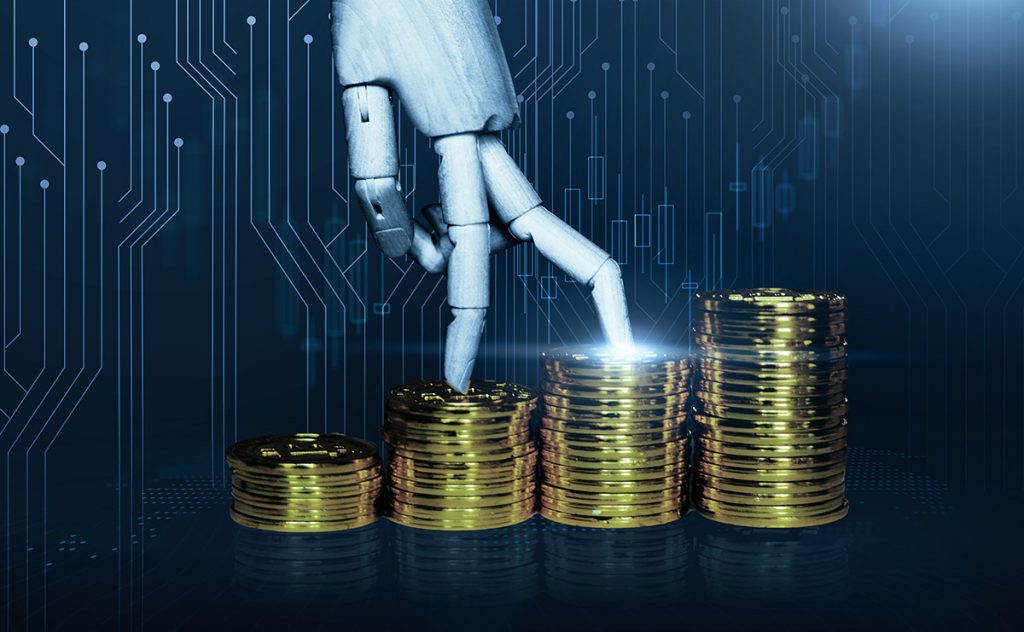Trend Report Envisions a Tech-Filled Future

If stories about artificial intelligence and cryptocurrency make you nervous or you’re worried that the robot apocalypse may be a real thing, you better skip Deloitte Insights Tech Trends 2023 report.
While the look ahead doesn’t include an inevitable subjugation to our AI overlords, it does paint a picture of an increasingly tech-heavy – and tech-dependent – business ecosystem. And the timeframe is within the next two years.
The purpose of the annual report is to “explore the impact of emerging technology opportunities in the innovation areas of interaction, information and computation” that are likely to “become the norm within 18 to 24 months,” according to report’s prologue.
Unlike the flying cars and atomic-powered homes of 1950’s popular culture predictions, the Deloitte report highlights trends its authors expect to be as normal and natural as fax machines and digital pagers once were in the not-too-distant past. The fact the technologies discussed revolve around – and in some cases go beyond – traditional information technology is no surprise, given we live in an information age, where the adage “knowledge is power” is a foundation of economic, social, political and especially personal life.
We also live in an age of change in the workplace and the very nature of the workforce as technical innovations enlarge and enhance productivity and efficiency.
Among the trends identified by Deloitte that will become commonplace are the use of immersive technologies, advances in cloud computing, rethinking hiring practices of high-tech workers, use of the blockchain to power systems, leveraging existing mainframes to accommodate emerging technologies and acceptance of artificial intelligence.
All of these emerging technologies are already in use to some extent, but the report touches on an important issue that might derail the authors’ timeline. Trust.
In AI section, the report acknowledges that “the business world is having to develop a new understanding of what it means to trust machines” and admits it will be necessary to build trust with blockchain technology. These could prove to be big stumbling blocks to the vision of Ai-powered blockchain cloud computing mainframe virtual reality applications.
Beyond the normal hesitancy some will bring to the introduction of new tech and fundamental changes in policies and process, fear of the unknown can undo the best laid plans of computer mice and crypto men.
Many of the trends highlighted in the report have been in the news, and not in a good way.
The cryptocurrency implosion in 2022 and the burgeoning abilities of AI-driven programs like ChatGPT have many workers concerned about the security of computer systems as well as job security.
In the rush to adopt new technology to business practices – whether to increase efficiency, lower costs or be on the cutting edge – there is a danger of putting the proverbial cart before the horse. Not every new way of doing things is necessarily better than the old way, even with all the digital bells and whistles. And learning how to trust technology that seems more science fiction than business fact could prove to be a hard sell.
That doesn’t mean business owners should eschew new tech. But before they jump on the next-big-thing bandwagon, they should take the time to find out if it really will help the bottom line.
To put it another way, and with apologies to Ronald Reagan, the mantra should be “Verify, then trust.”







